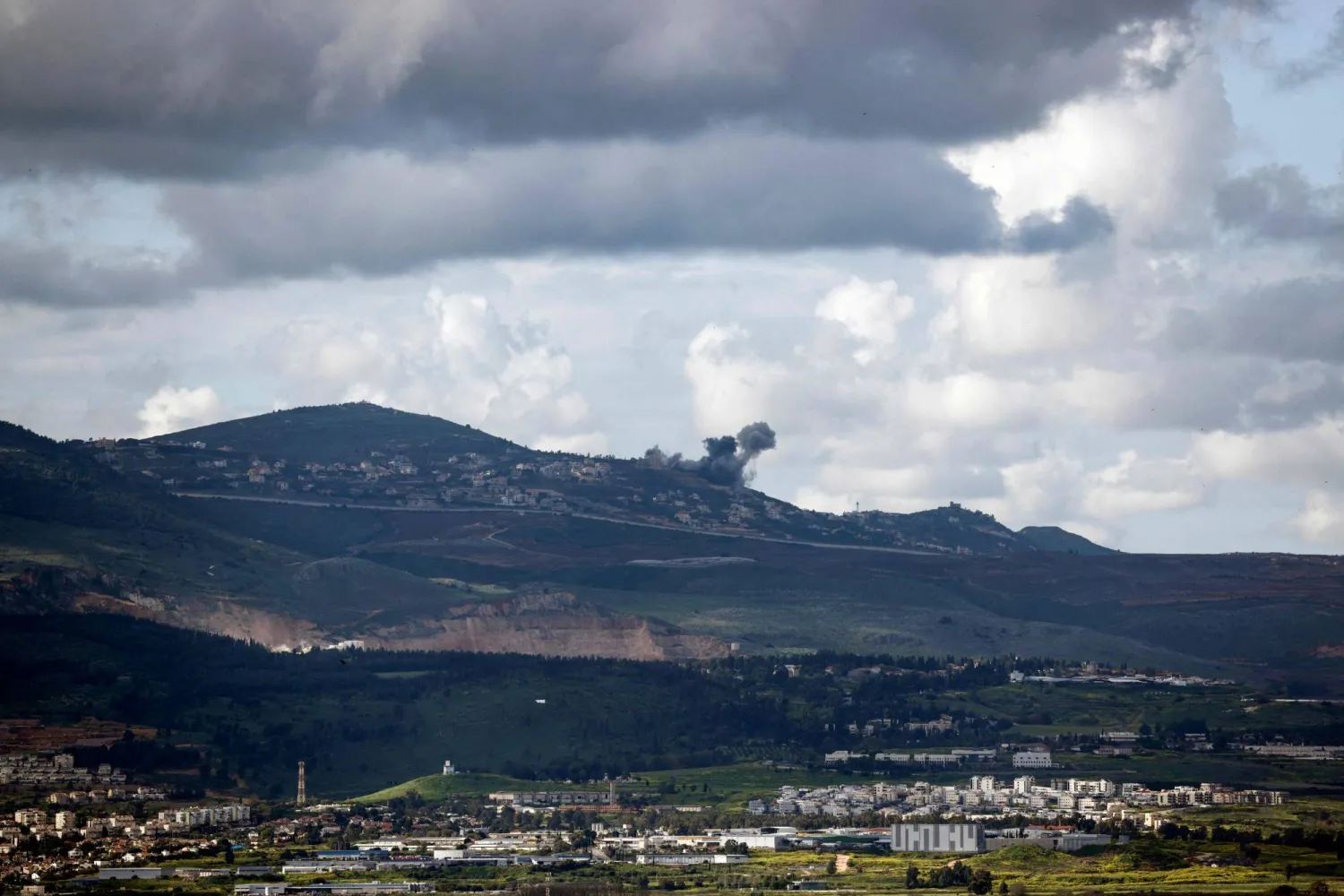With ally Hamas under attack in Gaza, the head of Iran's Quds Force visited Beirut in February to discuss the risk posed if Israel next aims at Lebanon's Hezbollah, an offensive that could severely hurt Tehran's main regional partner, seven sources said.
In Beirut, Quds chief Esmail Qaani met Hezbollah leader Hassan Nasrallah, the sources said, for at least the third time since Hamas' deadly Oct. 7 attacks on southern Israel and Israel's devastating retaliatory assault on Gaza.
The conversation turned to the possibility of a full Israeli offensive to its north, in Lebanon, the sources said. As well as damaging the group, such an escalation could pressure Iran to react more forcefully than it has so far since Oct. 7, three of the sources, Iranians within the inner circle of power, told Reuters.
Over the past five months, Hezbollah has shown support for Hamas in the form of limited volleys of rockets fired across Israel's northern border.
At the previously unreported meeting, Nasrallah reassured Qaani he didn't want Iran to get sucked into a war with Israel or the United States and that Hezbollah would fight on its own, all the sources said.
"This is our fight," Nasrallah told Qaani, said one Iranian source with knowledge of the discussions.
Israeli Defense Minister Yoav Gallant indicated in February that Israel planned to increase attacks to decisively remove Hezbollah fighters from the border in the event of a Gaza ceasefire, although he left the door open for diplomacy.
For this story, Reuters spoke to four Iranian and two regional sources, along with a Lebanese source who confirmed the thrust of the meeting. Two US sources and an Israeli source said Iran wanted to avoid blowback from a Israel-Hezbollah war. All requested anonymity to discuss sensitive matters.
The US State Department, Israel's government, Tehran and Hezbollah did not respond to requests for comment.
The Beirut meeting highlights strain on Iran's strategy of avoiding major escalation in the region while projecting strength and support for Gaza across the Middle East through allied armed groups in Iraq, Syria and Yemen, analysts said.
Qaani and Nasrallah "want to further insulate Iran from the consequences of supporting an array of proxy actors throughout the Middle East," said Jon Alterman of Washington's Center for Strategic and International Studies think tank, responding to a question about the meeting.
"Probably because they assess that the possibility of military action in Lebanon is increasing and not decreasing."
Hezbollah Reportedly Tells Iran it Would Fight Alone in Any War with Israel

This picture taken from an Israeli position along the border with southern Lebanon shows smoke billowing above the Lebanese village of Kfar Kila during Israeli bombardment on March 15, 2024. (Photo by Jalaa MAREY / AFP)

Hezbollah Reportedly Tells Iran it Would Fight Alone in Any War with Israel

This picture taken from an Israeli position along the border with southern Lebanon shows smoke billowing above the Lebanese village of Kfar Kila during Israeli bombardment on March 15, 2024. (Photo by Jalaa MAREY / AFP)
لم تشترك بعد
انشئ حساباً خاصاً بك لتحصل على أخبار مخصصة لك ولتتمتع بخاصية حفظ المقالات وتتلقى نشراتنا البريدية المتنوعة







